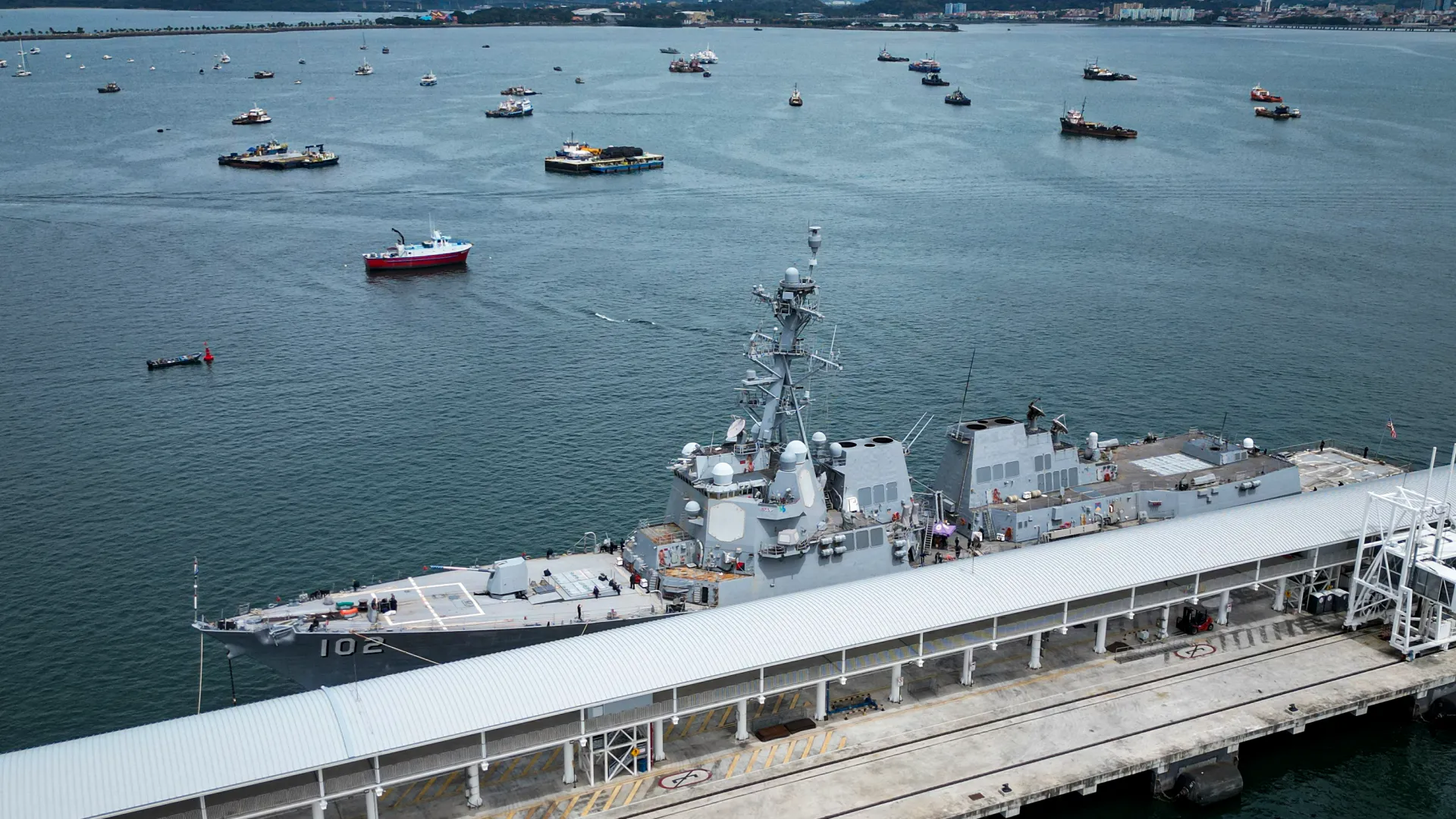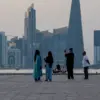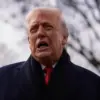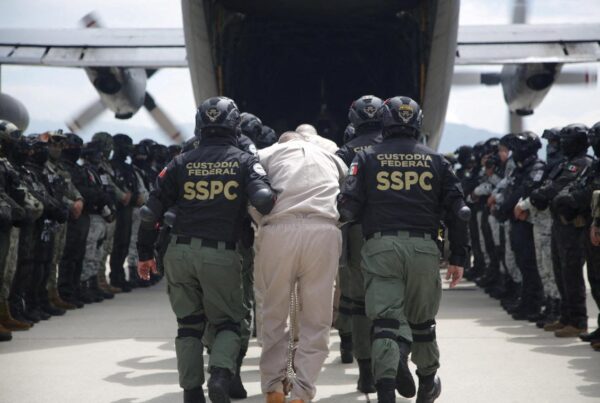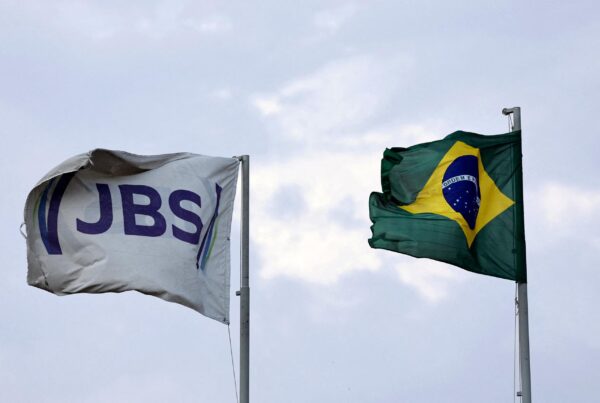The United States has drawn global attention after President Donald Trump ordered a military strike on a small boat in the Caribbean Sea. The vessel, accused of smuggling drugs from Venezuela, was destroyed in international waters. Eleven people on board died in the attack. The operation sparked worldwide criticism, with many questioning its legality under international law.
Background of the Strike
Trump announced the strike on September 2, 2025. He said the boat carried large amounts of drugs and was crewed by members of Tren de Aragua, a Venezuelan gang already labeled as a terrorist group by Washington. A video shared on Truth Social showed the moment a missile hit the vessel. Trump described the operation as “a precision strike.”
The Venezuelan government rejected the claim. Officials called the footage fake and suggested it might have been created with artificial intelligence. According to US officials, the boat was sailing through the southern Caribbean and heading toward American waters.
US Officials Defend the Operation
Secretary of State Marco Rubio defended the decision. He argued that interception no longer worked. “The only way to stop them is to destroy the boat,” Rubio said. He warned that more strikes could follow if cartels continue their routes.
Defense Secretary Pete Hegseth supported this position. He announced that US forces will increase both naval and aerial patrols in the Caribbean. Trump also stated that the operation was a warning to drug traffickers and called the suspects “narco-terrorists.”
Legal Questions
Legal experts quickly raised concerns. They argued that drug smuggling is a crime, not an act of war, and does not justify military execution. The Washington Office on Latin America said the strike could be seen as “a massacre of civilians at sea.”
Reuters highlighted another issue. Experts found no evidence of an immediate threat that would justify self-defense under international law. Many warned that such actions weaken the legal order and blur the line between law enforcement and warfare.
Global Reactions
The response from world leaders was divided. Colombian President Gustavo Petro condemned the strike. He said suspects should face arrest and trial, not a missile attack. He warned that such actions undermine the international rule of law.
In contrast, Trinidad and Tobago’s Prime Minister Kamla Persad-Bissessar supported the strike. She argued that violent measures are necessary to protect young people in the Caribbean from the drug trade.
Venezuela lodged an official protest at the United Nations. Officials accused Trump of using military force to advance domestic politics and to pressure President Nicolás Maduro. They demanded an international investigation.
Wider Implications
Observers fear that the US strike sets a dangerous precedent. If other nations adopt similar tactics, the use of military force against criminal activity may become normalized. This could lead to more conflicts at sea and weaken existing international agreements.
The incident also risks worsening already tense relations between Washington and Caracas. Analysts say the move may escalate regional disputes across Latin America, especially in countries often used as trafficking routes.
Conclusion
The US strike on a Venezuelan boat in international waters has raised urgent questions about legality, accountability, and global security. Washington describes the attack as a necessary measure against drug cartels. Critics argue it violates international law and puts the world on a dangerous path.
This story continues to develop. For more insights, read related coverage on Olam News about US foreign policy and international law.

